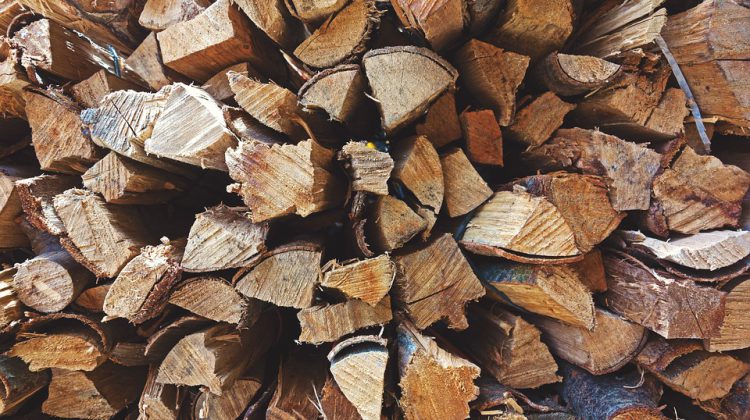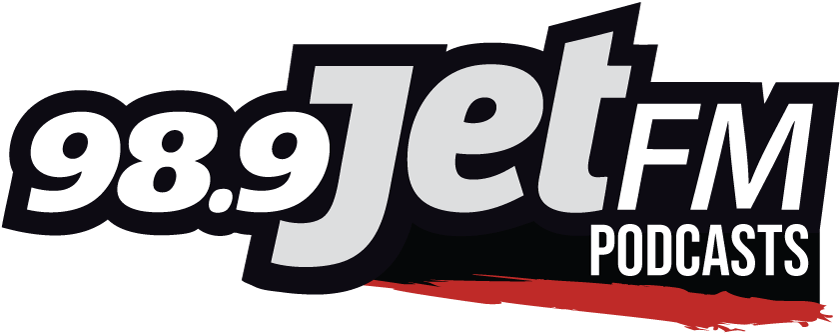The province is deferring stumpage fees to help the forestry sector navigate the pandemic.
Stumpage, the fee operators pay the province to harvest, buy or sell trees from Crown land, is being deferred for three months.
“As government, we had already taken a number of steps to help forest communities and the industry because they were facing tough times even before the COVID-19 crisis came along,” Premier John Horgan said.
“Now, we’re deferring stumpage fees so companies can maintain their financial liquidity, which will not only benefit them, but ideally, forest workers and communities, as well.”
The deferral with interest is available to Tree Farm Licence, Replaceable Forest Licence and First Nations’ Woodlands Licence holders who are in good financial standing with the province.
They also must be following through on their reforesting obligations.
The province says the deferral will leave eligible companies with an estimated $80 million “so they can pay employees, pay contractors and pay other bills needed to keep their doors open or reopen them faster.”
“We’re building on other measures we’ve taken to help the forest sector navigate this crisis,” said Doug Donaldson, Minister of Forests, Lands, Natural Resource Operations and Rural Development.
“What we’re announcing today may allow some companies to get back online sooner rather than later when we get through the situation we’re in now – or it may save other companies from having to shut down altogether.”
The $69 million fund announced last fall to support B.C. forest workers affected by mill closures and shift reductions in several B.C. Interior communities included new supports.
This includes everything from training, to work placement, to early retirement. It also includes community support grants for communities that have been hardest hit by a mill closure or curtailment.
On March 26, 2020, the government announced a list of health and non-health services that are considered essential.
These include businesses that ensure global continuity of supply of primary and value-added forestry/silviculture products (e.g. lumber, pulp, paper, wood fuel, etc.), including soft-pulp products, such as protective masks, gowns, drapes, screens and other hospital supplies, as well as household paper products.
As well, major industries like pulp and paper mills and mines, will have the opportunity to defer 50 percent of their BC Hydro bill payments for three months.






